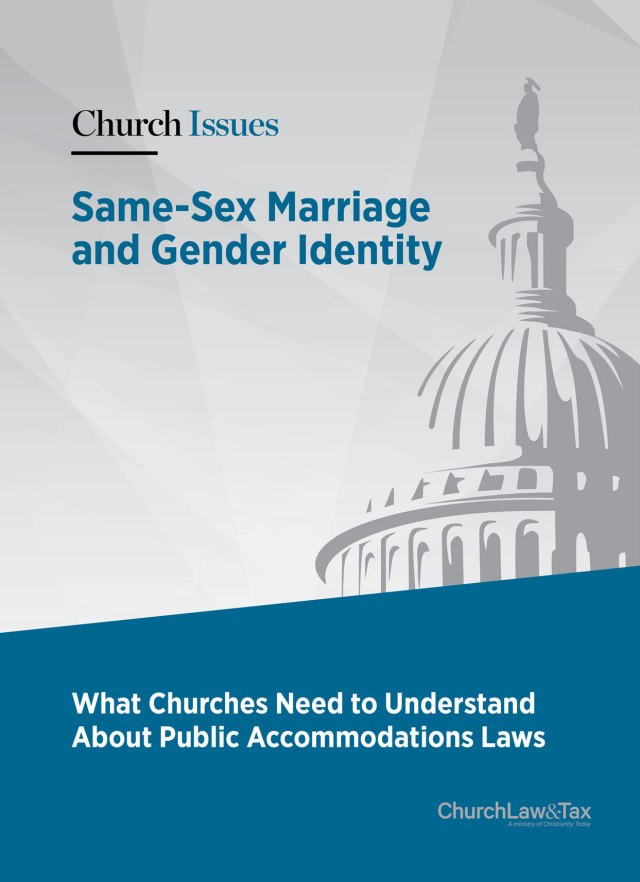The Respect for Marriage Act (RMA) should be met with a healthy dose of realism and skepticism. The Act provides limited protection for the religious liberty of churches and religious organizations, but it does not ultimately do much to change the status quo and it instead may invite more litigation against religious organizations, churches, and individuals who own businesses.
The reality is this: We cannot yet fully understand what it means for same-sex marriage to be enacted into federal statutory law. Given the breadth and complexity of federal law, we do not fully know, and cannot conclusively predict, how this law ultimately will impact churches, religious organizations, and people of faith.
Federal statutes and regulations represent a massive and complex web that connects to more areas of our life than we can comprehend. The Act’s statement that “any Federal law, rule, or regulation in which marital status is a factor,” should give us pause.
A search of the United States Code shows that the phrase “marital status” appears 248 times. The Code of Federal Regulations contains 350 uses of the phrase “marital status.” And each of these statutes or regulations likely is accompanied by a body of judicial decisions and complex interpretive rules.
The religious liberty protections contained in the Act are a slight improvement from the current state of the law but offer little more than the status quo—or an invitation for more litigation. For instance, there is this substantial question: Will this Act supersede state and local public accommodations laws, which are the primary legal vehicles for lawsuits? The answer likely only can come from court decisions rendered through future lawsuits.
Additionally, while the Act does contain some protections from the loss of tax-exempt status, grants, and contracts for religious organizations, the wording is vague and yet again may invite more litigation against religious organizations and churches.
The RMA also leaves out protections for individuals—those who sit in the pews and own for-profit businesses that they wish to closely align with their religious beliefs and practices. If the wording of the Act is true that, “Diverse beliefs about the role of gender in marriage are held by reasonable and sincere people based on decent and honorable religious or philosophical premises,” then why are individuals with sincerely held religious beliefs left unprotected?
Finally, we would be naïve to expect that this law will remain unchanged into the future. Statutes often are frequently amended and protections now in the law only exist as long as a majority in Congress wants them to remain.




